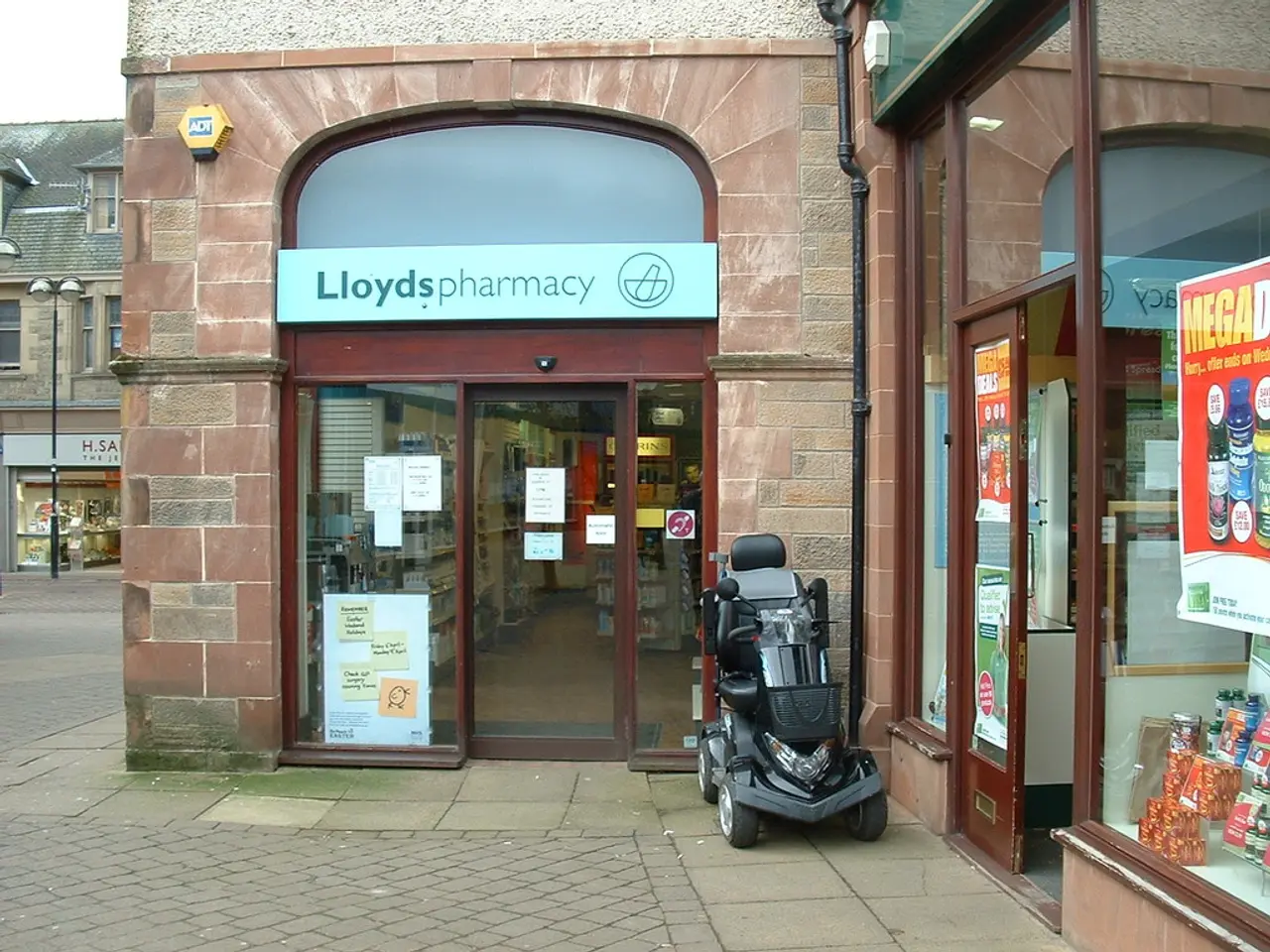World Health Organization (WHO) Classifies Ozempic as an 'Indispensable' Medication; WHO Advocates for Affordable Generic Versions
The World Health Organization (WHO) has made a significant move towards improving global access to life-changing medications by adding two GLP-1 drugs, semaglutide and tirzepatide, to its list of essential medicines. This list includes drugs that address the primary health needs of a population, chosen for their frequency, effectiveness, safety, and cost-efficiency, and are essential for a functioning healthcare system.
Semaglutide, the active ingredient in Ozempic and Wegovy, has been joined by liraglutide and dulaglutide, other GLP-1 drugs, in this year's additions. These drugs have significantly reshaped the treatment of type 2 diabetes and obesity, helping people control their blood sugar and lose weight, although they can cause common gastrointestinal side effects like nausea and diarrhea.
However, despite their effectiveness, these drugs remain largely out of reach for many due to their high cost, often exceeding hundreds of dollars a month. The addition of these drugs to the WHO's list of essential medicines is a direct play to bring their cost down. Canada is expected to approve generic versions of semaglutide as early as next year, and the U.S. may wait until at least 2031 to approve generic versions of GLP-1 drugs.
Public health officials can take actions to address this issue. They could prioritise access to GLP-1 drugs for the people most likely to benefit, encourage the development of generic versions, and make them more easily available through primary care. In fact, such actions could potentially contribute to the recent drop in the adult obesity rate in the U.S., which dropped for the first time in a decade in 2023.
The WHO's director of policy and standards for medicines and health products, Deusdedit Mubangizi, emphasised that achieving equitable access to essential medicines requires a coherent health system response backed by strong political will, multisectoral cooperation, and people-centered programs that leave no one behind.
The WHO's Model Lists of Essential Medicines aim to improve affordability and access for impactful drugs worldwide. More than 150 countries use the WHO's recommendations to decide which medications to prioritise, cover through public insurance, or make more available and affordable. This move by the WHO is a step towards a more equitable healthcare system, ensuring that life-changing medications are accessible to all who need them.








